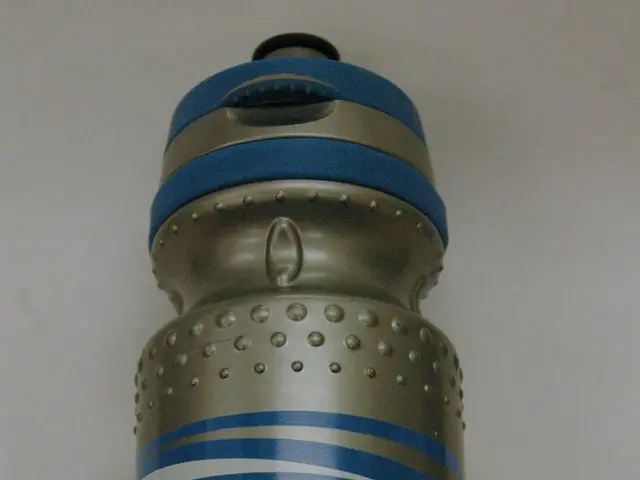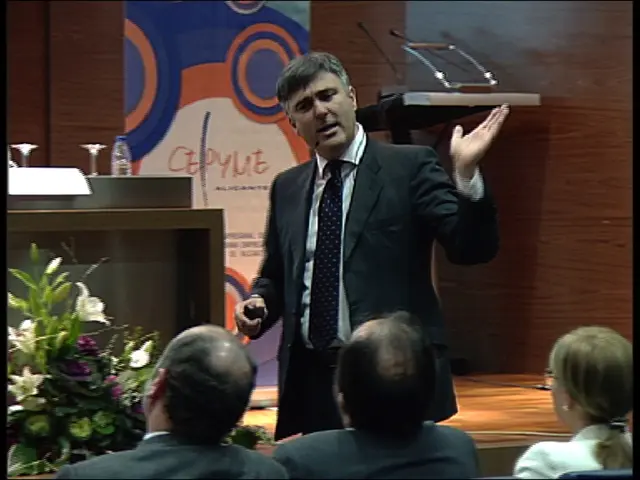Guidelines for resuming operations: Strategies for hotels to utilize their resources beneficially during the ongoing lockdown period
In the wake of the global pandemic, the hospitality industry is facing unprecedented challenges. With extended closures and a significant loss of revenues, hotels are rethinking their strategies to future-proof their businesses.
One such example is the Burgh Island Hotel, a gem on the Devon coastline. Owned by Giles Fuchs, this establishment has not only managed to weather the storm but has also emerged as a beacon of resilience and innovation.
The hotel, which boasts accreditation from both the Green Tourism Movement and the Green Apple Organisation for Conservation, has converted an old disused tennis court into a state-of-the-art solar array. This move aligns with the sustainability agenda, as hotels embrace clean energy solutions like solar, wind, or tidal power.
Moreover, Burgh Island Hotel works with the Carbon Trust to streamline its energy needs, further reducing its carbon footprint. Executive Chef Tim Hall sources 80% of his ingredients within a 30-mile radius of the island, reinforcing the hotel's ties with the local area and supporting the community.
During the pandemic, businesses like Burgh Island have been successful at preserving staff wellbeing. Influential and well-resourced hotels can inject positivity into their local areas, as demonstrated by Burgh Island's 'Hospitality Positivity' fundraising campaign by Inntelligence.
The prolonged closure of hotels poses an immense challenge, with further hardship expected this Spring. However, hotels can capitalize by keeping communication channels open during the closure. Utilising digital tools like virtual tours, workshops, and social media campaigns can represent a significant brand-building opportunity.
Financial support is only part of the solution for hotel staff's mental health; reinforcing a sense of community is also crucial. Hotels should prioritize workers' wellbeing, ensuring they are supported emotionally as well as financially. The Leonardo Hotel in Bad Kreuznach, for instance, supported its local community and employees during the COVID-19 crisis by retaining all staff, supplementing short-time work benefits to full salary, and temporarily placing some employees with another local company to prevent job losses.
Before the pandemic, more than three million UK adults suffered from both poor mental health and financial difficulties. The natural beauty of many staycation destinations is the foundation of their popularity. By prioritizing community and the natural environment, hotels can not only support their staff but also attract guests seeking a peaceful retreat.
As the Government's roadmap indicates hotels and B&Bs will remain closed until 17 May at the earliest, many hospitality businesses are considering how to invest resources to care for staff and communities during the remaining months before lockdown restrictions are lifted.
In conclusion, the future of the hospitality industry lies in prioritizing wellbeing and sustainability. By looking out for employees, strengthening ties to the local area, and the natural environment, hotels can future-proof their businesses and emerge stronger from the pandemic.
Read also:
- Medical facility achieves $1.3 million annual savings on energy expenses and enhances patient comfort levels.
- Residents Return to Pompeii Post-Eruption, Archaeological Findings Display
- Surviving Prehistoric Creatures: Tuataras - Reptiles that Lived Beyond the Dinosaur Era
- Student Marie Hagelüken marks the milestone as the 1000th to graduate as a field doctor








